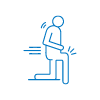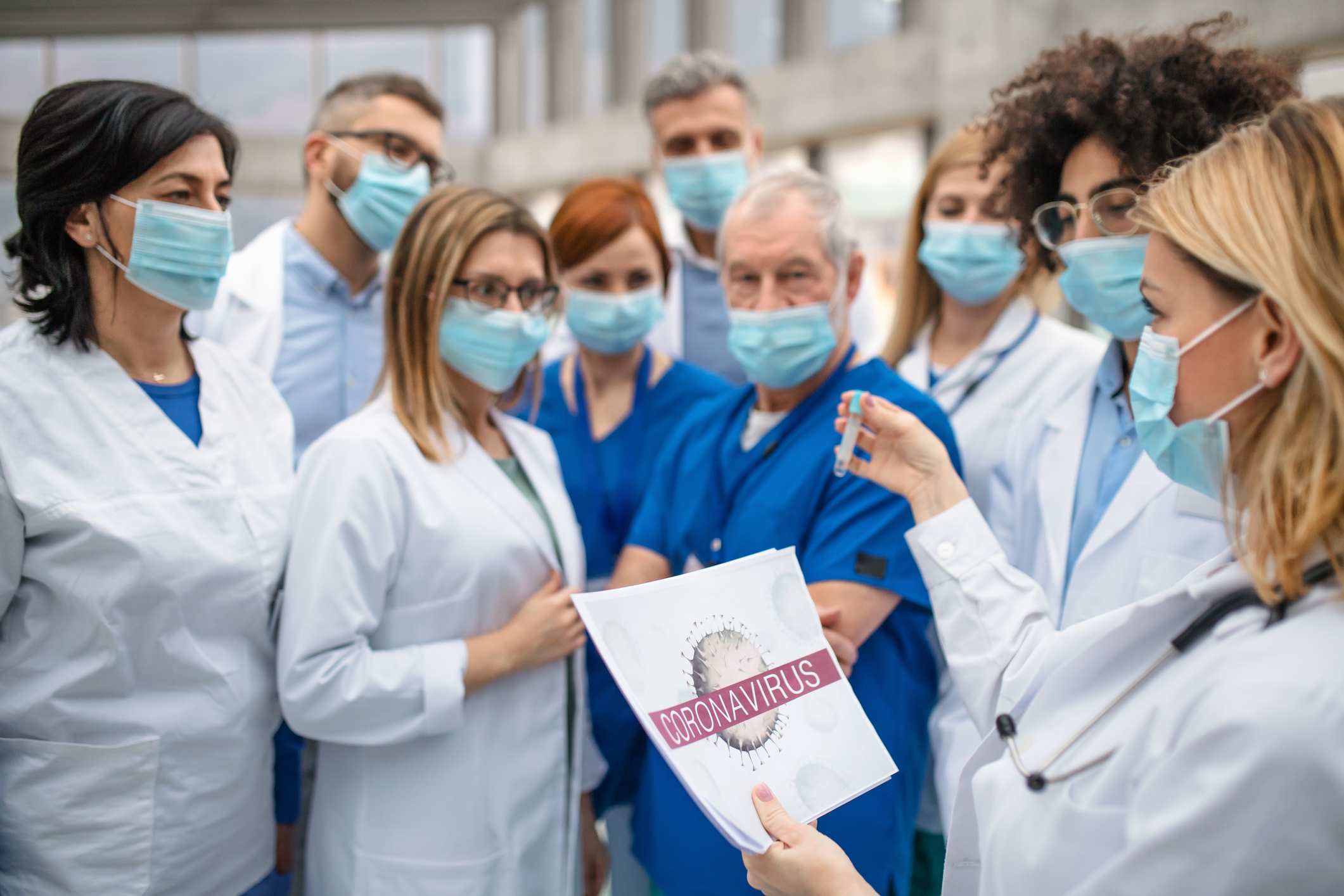In just four months, the coronavirus disease (COVID-19) has infected more than 1.5 million people in more than 200 countries. Here’s everything you need to know about treatment, prevention, and how to keep yourself and those around you safe during this time.
1. What is COVID-19?
Coronaviruses are a family of viruses that cause everything from the common cold to severe acute respiratory syndrome (SARS). In December 2019, researchers identified a new coronavirus in Wuhan, China and called it severe acute respiratory syndrome coronavirus 2 (SARS-CoV-2), which causes the coronavirus disease 2019, or COVID-19.
Even though the virus is dangerous to people of all ages, it’s especially dangerous for seniors and people with chronic conditions, such as diabetes or cardiovascular disease.
2. How does it spread?
The virus spreads through droplets when an infected person coughs, sneezes, or, as a recent study suggests, simply by breathing. It also spreads slower than measles and chickenpox but a lot faster than the common flu.
3. What are the symptoms?
The symptoms generally appear a few days after exposure to the virus. The most common signs of COVID-19 include:






Treatment topics
If you have any of the symptoms, contact your doctor immediately. They’ll tell you what to do next and how to protect your family from the virus.
1. Diagnosing COVID-19
The biggest problem with diagnosing the virus is that many victims don’t even know that they have it. Moreover, fake tests have already flooded the market. Only use a test that a medical professional gives you. If you’re in a high-risk population, getting tested in a medical facility may be dangerous. Instead, contact ARcare, which allows people to check their status from home.
2. The importance of social distancing
At the moment, around 35 companies across the world are racing to develop a vaccine. Many experts predict that we still have at least a year to wait for a safe vaccine. Until then, staying isolated is the best way to avoid the virus.
3. Telemedicine
Because of social distancing, many doctors have chosen to use telemedicine to maintain appointment schedules with patients. It also allows patients to request lab results, medication refills, and seek one-on-one consultations.
4. Finding a cure
There’s currently no vaccine or medicine for the virus. Despite hydroxychloroquine claims, there’s not yet enough evidence to treat the medication as a cure.
Prevention
The Centers for Disease Control and Prevention (CDC) and the World Health Organization (WHO) both recommend following these guidelines to avoid becoming infected.
- Avoid close contact with other people.
- Keep at least 6 feet of distance when walking with someone.
- Avoid going out unnecessarily, and keep away from large events.
- Wash your hands regularly with soap and water.
- Don’t touch your eyes, mouth, or nose with unwashed hands.
- Regularly clean frequently touched areas in your home.
- Stay away from work, school, and public areas if you’re sick.
- Try to limit visits to the doctor, and use telemedicine services for questions.
How to use ARcare’s telemedicine services
Follow these steps to use ARcare’s telemedicine services.
- Go to virtualcarenow.www.arcare.net/users/sign_up/consumer.
- Enter your information and the code “Telemed.”
- When you enter your information and the code, click Sign Up.
- Select “Meet with Provider Now.” Here you’ll be placed in a virtual waiting room until a telehealth provider can assist you.
- Once the provider connects, select “Start Session,” and speak to the provider through your smartphone, laptop, or iPad about your medical situation.
- The provider will then give you further instructions on the next steps.
For more information
Our top priorities are to maintain the highest level of care for our patients and to keep you safe while keeping our focus where it belongs: on our valued patients. For more information, contact us at (866) 550-4719, or get a free online screening today
